info@vivavel.com
+919818262686
+919818262686
 info@vivavel.com
info@vivavel.com +919818262686
+919818262686Chemotherapy, often called "chemo," is a cancer treatment that uses potent drugs to kill cancer cells. These drugs target and destroy cells that proliferate, like cancer cells. Unfortunately, chemotherapy also affects some healthy cells, such as those in the hair, skin, and digestive system. This can cause side effects like hair loss, nausea, vomiting, fatigue, and a weakened immune system.
Chemo is given in cycles, allowing the body time to recover between treatments. It can be used alone or combined with other treatments like surgery or radiation. The type and amount of chemotherapy depend on the cancer type and stage. Some people receive chemotherapy through an IV, while others may take pills or have injections. Although chemotherapy can have side effects, many of them go away after treatment is finished. This powerful treatment helps stop the spread of cancer and can shrink tumors, improving the chances of recovery.
 Chemotherapy is used to treat many types of cancer. The symptoms of cancer depend on its type and stage, but some general signs include:
Chemotherapy is used to treat many types of cancer. The symptoms of cancer depend on its type and stage, but some general signs include:

 Chemotherapy is prescribed for several reasons:
Chemotherapy is prescribed for several reasons:
 You should contact your healthcare provider immediately if you experience:
You should contact your healthcare provider immediately if you experience:
 Before starting chemotherapy, several tests are usually done to understand the cancer type and assess overall health:
Before starting chemotherapy, several tests are usually done to understand the cancer type and assess overall health:
 Do's:
Do's:
 Don'ts:
Don'ts:
NOTE:
Our medical content authors have diligently gathered and synthesized information on this topic to offer valuable insights to our readers. Drawing from a range of reputable medical journals and health resources, this content aims to enhance understanding of the subject. It's important to remember that while this information is informative, it should not replace personalized consultation or treatment from a qualified physician. For further details, please refer to our Editorial Policy.
For this topic, our authors used some of the following resources:
American Cancer Society | Chemotherapy




![]() Max Super Speciality Hospital, 108A, I.P Extension, Patparganj, New Delhi, Delhi, 110092, India
Max Super Speciality Hospital, 108A, I.P Extension, Patparganj, New Delhi, Delhi, 110092, India
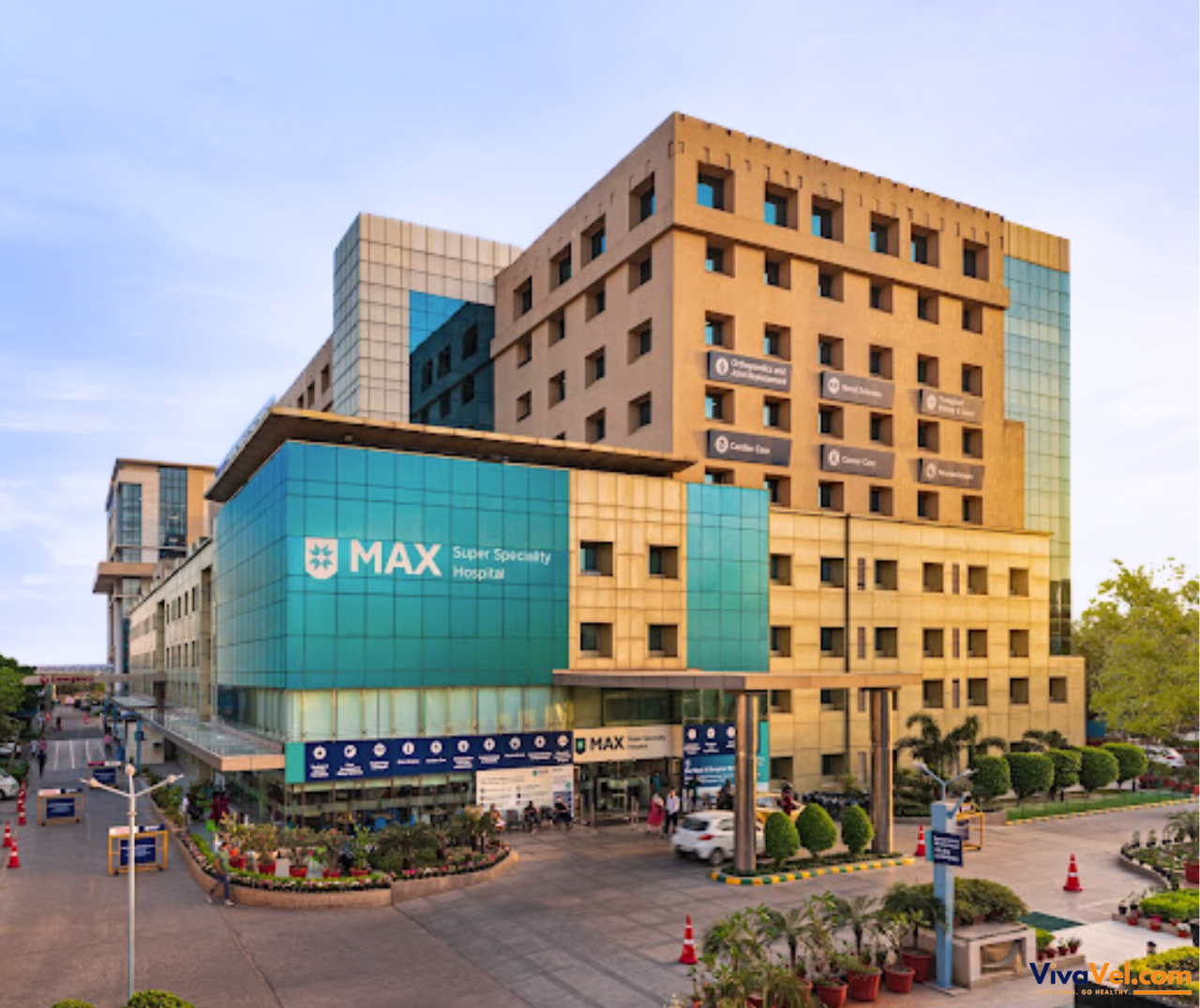


![]() Near Radisson Blu Hotel, Sector 1, Vaishali Ghaziabad, 201012 India
Near Radisson Blu Hotel, Sector 1, Vaishali Ghaziabad, 201012 India




![]() Pusa Road, Radha Soami Satsang, Rajendra Place New Delhi, 110005 India
Pusa Road, Radha Soami Satsang, Rajendra Place New Delhi, 110005 India



![]() Budena Village, Sector 86, Faridabad, Haryana 121002, India
Budena Village, Sector 86, Faridabad, Haryana 121002, India

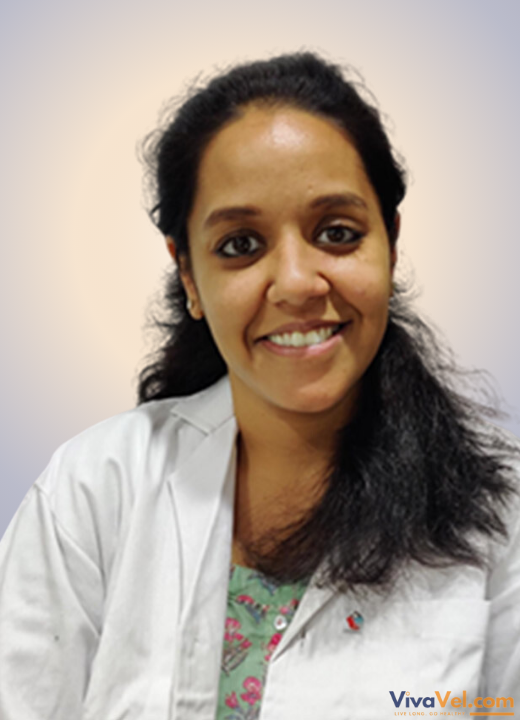
Dr. Pooja Agarwal stands out as one of the oncologists in Kolkata, specializing in breast cancer surgery. With over 10 years of experience, she has earned a reputatio...

Dr. Harsh Vardhan Atreya is a prominent Consultant Medical & Hemato-Oncologist specializing in Bone Marrow Transplantation. With training from esteemed institutio...
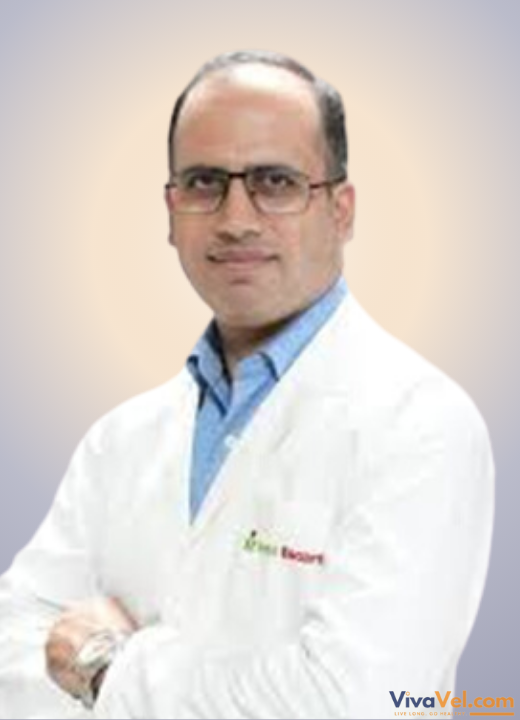
Dr. Imran Khan has joined Fortis Escorts in Okhla Road, New Delhi, as an Associate Consultant in Medical Oncology. He brings over 12 years of experience in oncology. ...
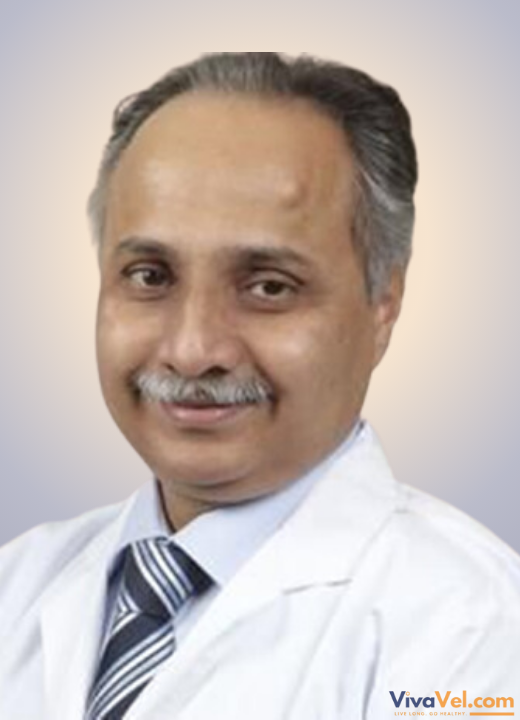
Dr. Harit K Chaturvedi heads the Max Institute of Cancer Care. He has been with Max Healthcare since 2009 and has worked hard to create one of the best cancer treatme...
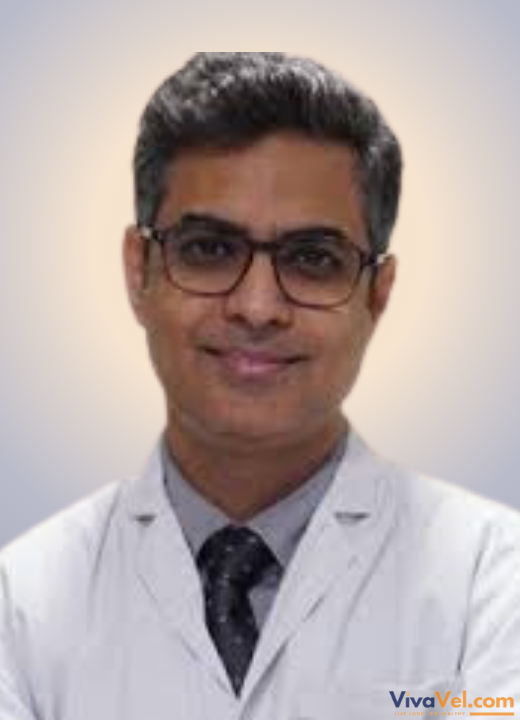
Dr. Asit Arora is a highly regarded Surgical Gastroenterologist specializing in Gastrointestinal and Hepat-pancreato-biliary (HPB) surgery. He is based in the Delhi N...

Dr. Nikhil Agrawal is a distinguished Gastrointestinal (GI) and Hepato-Pancreato-Biliary (HPB) Surgical Oncologist, serving as the Director of GI-HPB Surgery and Oncology at ...
Treatment Plan & Cost within 2 days
